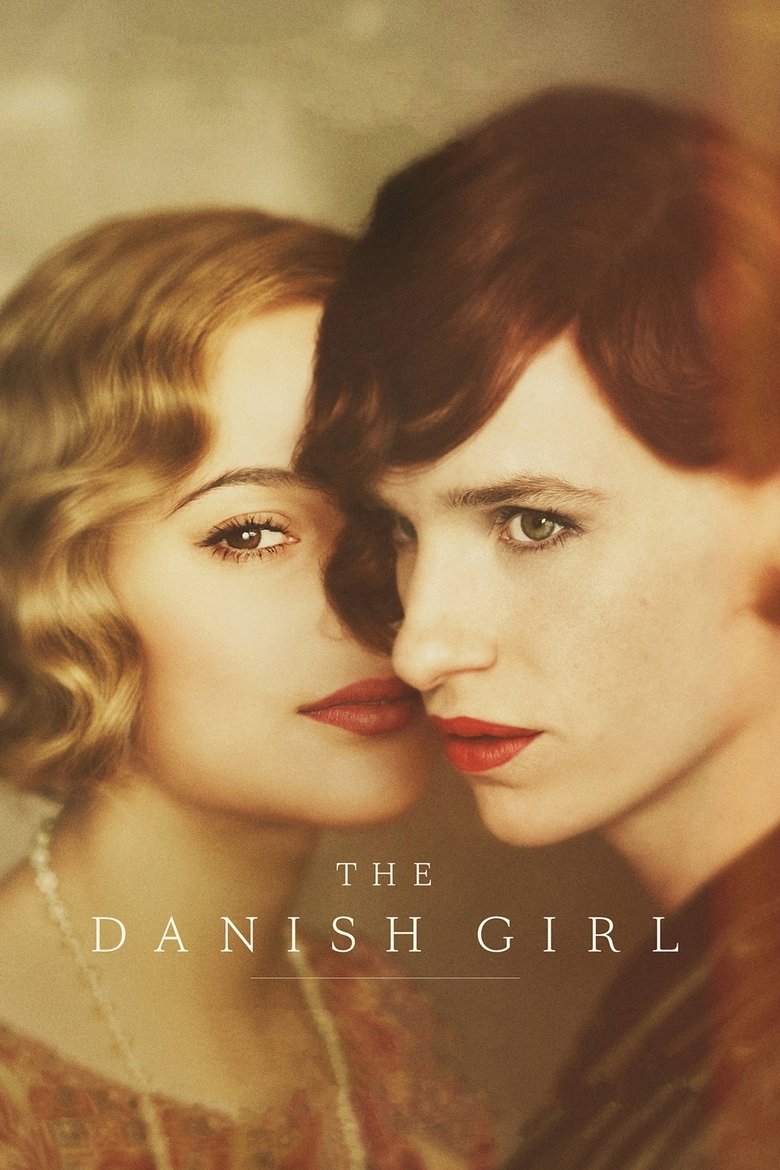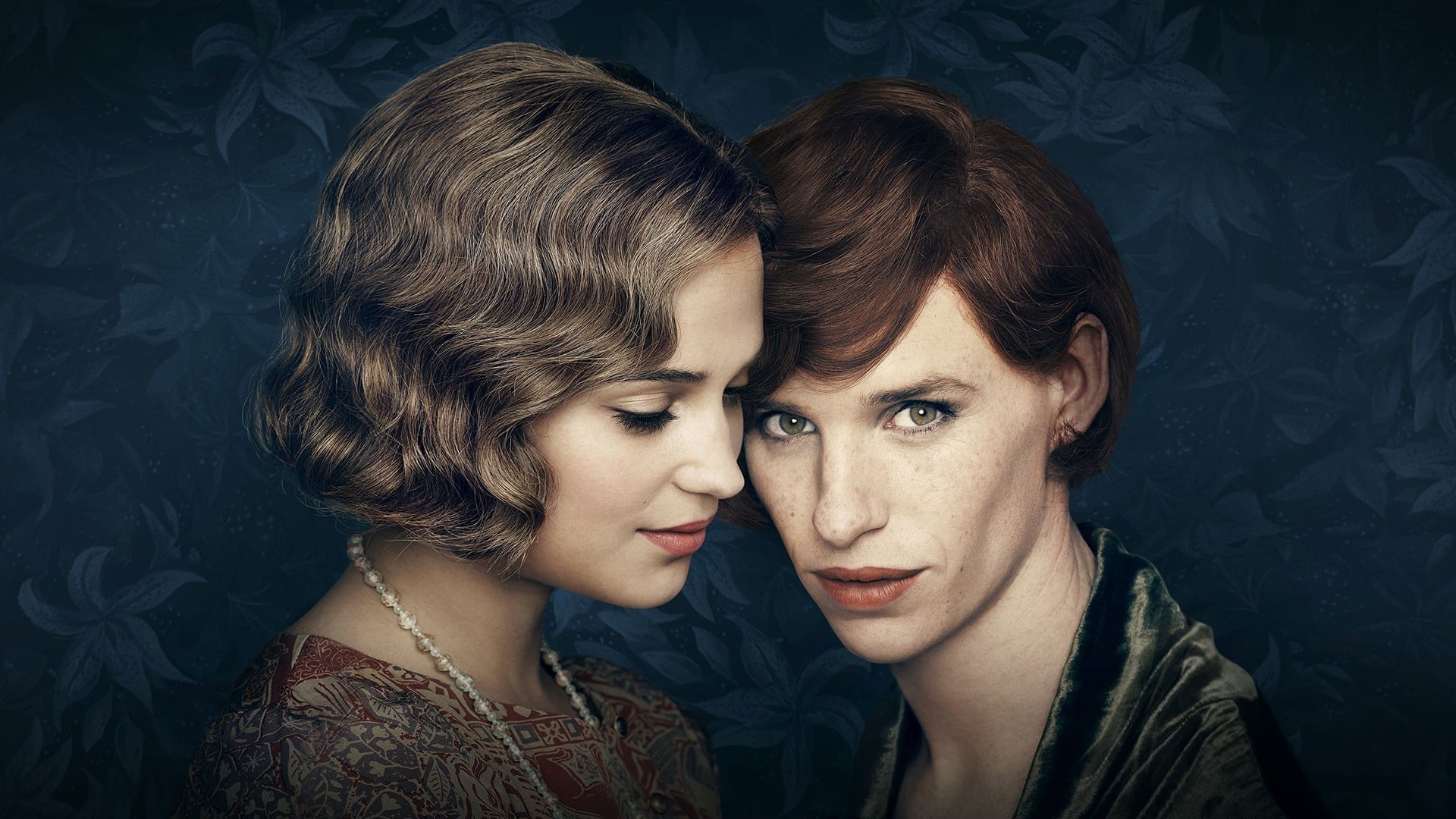**Highly militant, a more neutral film would have been better.**
This is a difficult film to comment on. On the one hand, and speaking exclusively from a technical point of view, it is a really good and well-made film. On the other hand, I have many questions and points of disagreement that prevent me from really approving it. And the reader better be ready to disagree healthily with what I write, because I'm not used to hiding what I think, or amputating my opinions under the guillotine of political correctness.
I know that the film was acclaimed when it came out and that the publicity machine sold it very well. I also know that it is one of the most beloved films in the GLBT (and all the letters and symbols they want to add) community. I have already written some reviews of other films, in which I criticized the excessive yielding to political correctness or moral/social lobbies. Since cinema is an artistic and leisure experience, I don't like to see it used for advertising or indoctrination of ideas and morals. We are supposed to enjoy watching a film and seeing the talent and artistry of those involved, not feeling that the film is trying to tell us what we should think about a subject or a theme, which is what this film tries to do. For this indoctrination, the script addresses an unknown figure: Einar Wegener, a Danish landscape painter little known internationally because he became known more as a “trans” personality than as a painter.
Married to Gerda Wegener, also a painter, it was only after he was married that he discovered (or assumed) his femininity, moving to Paris and starting to assume himself as a woman and using the name Lili Elvenes. What is certain is that he was one of the first men to undergo a surgical process of genital reconstruction, which ended with the rejection of the transplanted organ and the generalized infection that led to his death. The clinical process was burned by Nazism. From that time, only a few of Wegener's diaries and testimonies of those who knew him survive, material that was, after his death, collected and edited in the book “Man Into Woman”, in 1933. Far from being a biography (much less an autobiography, as it is commonly called), the book's objective was to make the public aware of the details about Wegener's condition and the innovative and risky medical procedure he agreed to undergo.
Conveniently, the script had just enough historical data to concoct a good melodrama, full of heartache, existential doubts, and plenty of trans-friendly material. It was what was wanted. More pragmatic issues, such as the relationship between Einar and his original family and the consequences of his transition on his art, and on its acceptance by the public and the market, are never addressed. The film prefers to convey propaganda, as in the famous scene in which the character is attacked in a garden. Such aggression has no logic in a city as liberal as Paris and there is no historical data to sustain that Wegener was assaulted or insulted in that city, where the couple moved in order to have more artistic opportunities and live the frenzy of the Roaring Twenties. However, in order to fulfill its doctrinal role, the film needed to give that pin to those who, today, discriminate “trans” people, so the scene was placed at a point where the public would already have a certain sympathy with the character. Militant from start to finish, the film irritated me greatly. A neutral approach, faithful to the known facts and allowing the public to think for itself, would have been better.
Despite not liking the way the film was conceived, I loved Eddie Redmayne and Alicia Vikander's work. They dedicated themselves, especially her, which earned her an Oscar, awarded with complete justice (the question of being a Supporting Actress or not seems to me a minor issue, and perhaps she also thought so). The only objection I have to make is this: why not a legitimate “trans” actor for the lead role? I understand Redmayne's choice, but I don't think he even looks like the real Wegener. Well, to be honest, I didn't like Amber Heard either, I think her character is left here, and it would have been better to replace her with someone closer to the main character (one of Wegener's brothers, for example).
Technically, the film has good production values that are worth noting: the sets and costumes are excellent and recreate very well the era and the environments where the characters move, the cinematography is really very good and the choice of filming locations it was done in a very thoughtful and judicious way. The soundtrack, despite sounding mellow and slow, fits well in the film.



